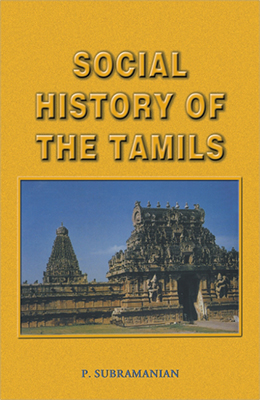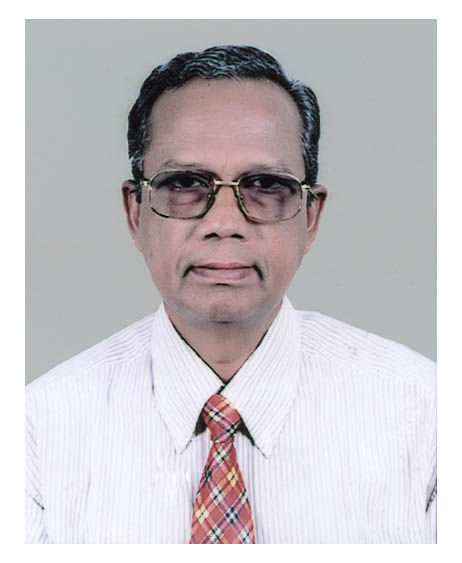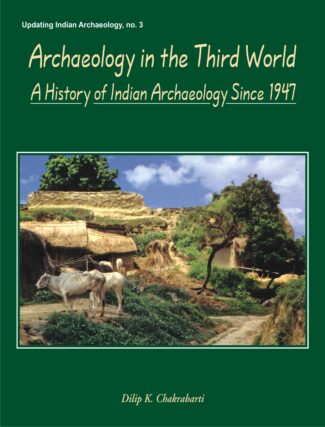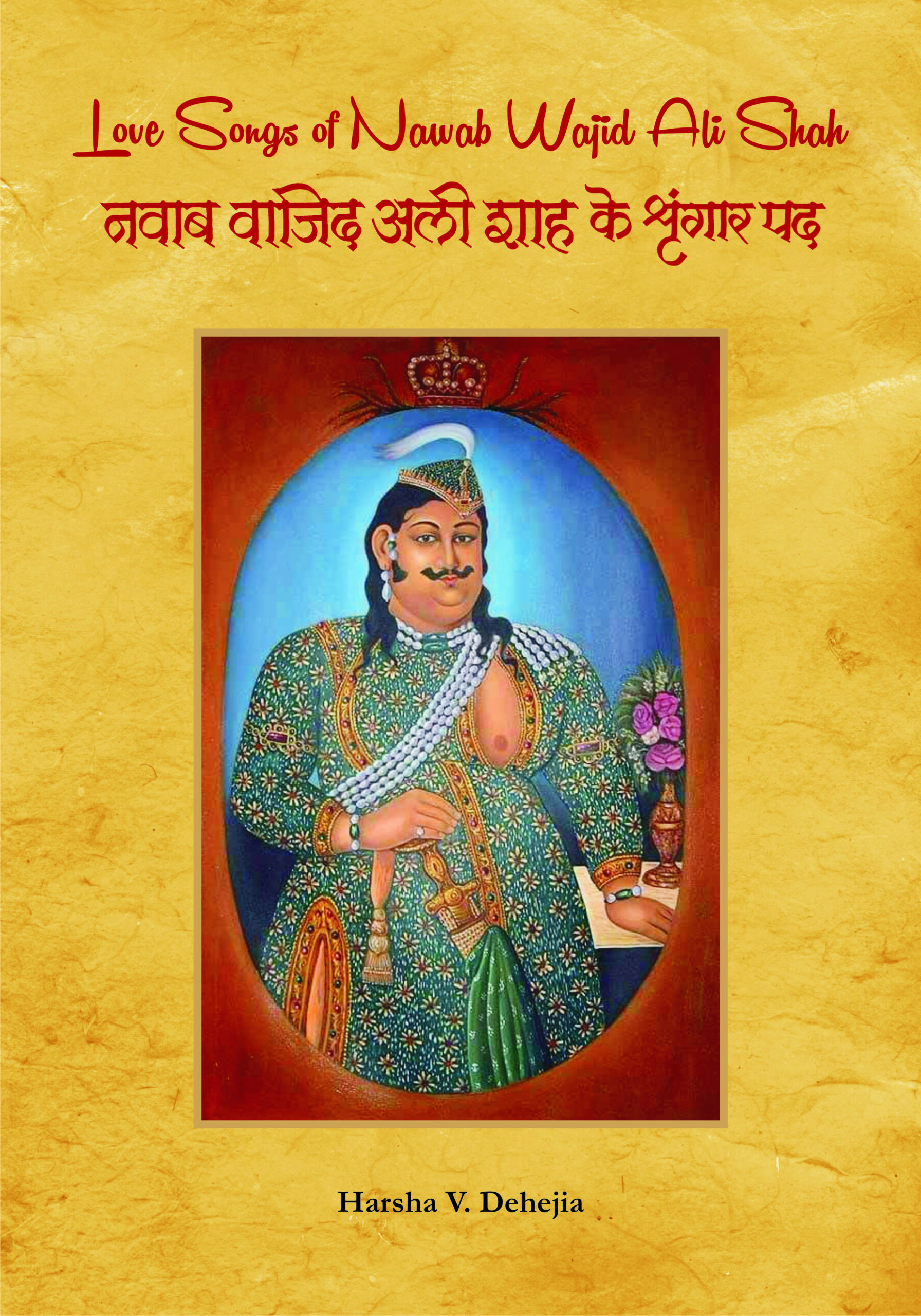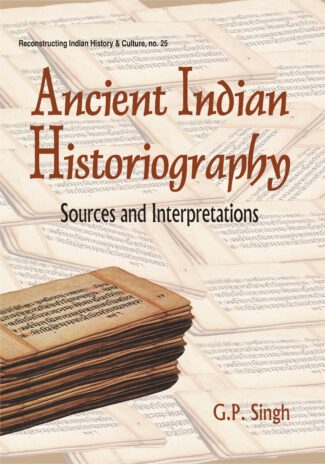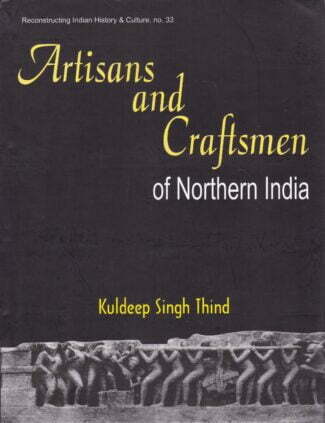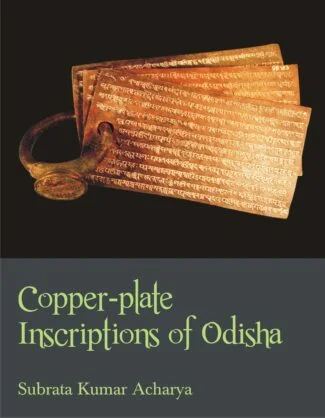

Social History of th...
Social History of the Tamils (1707-1947)
by: P. SubramanianThe book offers an account of the Tamils society, economy, religious beliefs, educational mechanisms, arts and cultural expressions (during 1707-1947). It also discusses the profound influence of colonial rule in the tradition-bound Tamilian society.
Original price was: ₹1,600.00.₹1,440.00Current price is: ₹1,440.00.
ISBN: 9788124600450
Year Of Publication: 2005
Edition: 3rd
Pages : x, 526
Bibliographic Details : Glossary; Bibliography; Index
Language : English
Binding : Hardcover
Publisher: D.K. Printworld Pvt. Ltd.
Size: 23 cm.
Weight: 800
Notwithstanding the prolificity of indepth researches in contemporary historiography, Professor Subramanian’s book is the first concentrative effort to track down the social history of the Tamils. Today, the Tamils, over fifty million of them, live in the south-eastern state of the Indian peninsula: Tamil Nadu — which indisputably represents the very nucleus of millennia-old Dravidian culture in India. The book offers a compelling account of the Tamils’ society, economy, religious beliefs, educational mechanisms, arts, and cultural expressions during the years 1707-1947 — when, significantly, the British domination blossomed, bloomed, and faded; when new thoughts, new ideas, and new ways of life came as irresistibly into the homeland of the Tamils as into the Indian subcontinent. Thus retracing over two centuries of the ‘British connextion with India’, the author here tries to show how the long colonial rule in India exposed the tradition-bound Tamilian society to Western influences — with results that proved incalculable in both their range and depth. Social History of the Tamils : 1707-1947 is the outcome of Professor Subramanian’s decade-long, painstaking research, authenticated by an astonishing mass of evidence including archival records, Jesuit sources, Modi (Maratha) manuscripts, newspapers’ reports, biographies, travelogues, literary writings, and even fictional works.
Preface
Introduction
1. Social Conditions
Caste System
Joint Family and Women
Rural and Urban Communites
Everyday Life
2. Economic Conditions
Land and its Importance
Economic Conditions
Industries and Industrial Classes
3. Religion
Shaivism
Shri Vaishnavism
Christianity
Islam
Minor Religious Sects
Village Gods and Deities
Modern Religious Movements
4. Education
Indigenous Institutions of Learning
Policy of the Government
Education 1900-47
Education of the Depressed Classes
Education of the Muslims
Female Education
5. Art and Letters
Music
Dance
Cinema
Architecture
Sculpture
Painting
Literature
Tamil Prose
Poetry
6. Conclusion
Bibliography
Glossary
Index


